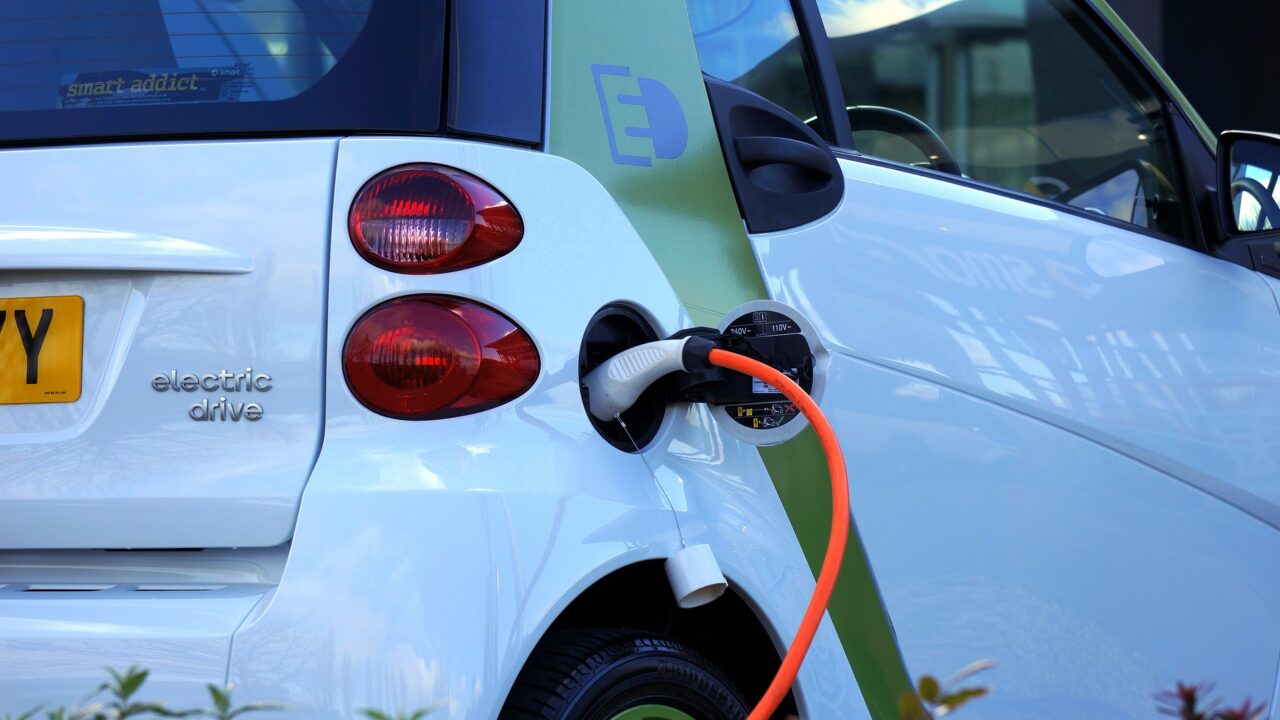The European Parliament on Tuesday formally approved a law to effectively ban the sale of new petrol and diesel cars in the European Union from 2035, aiming to speed up the switch to electric vehicles and combat climate change.
The landmark rules will require that by 2035 carmakers must achieve a 100% cut in CO2 emissions from new cars sold, which would make it impossible to sell new fossil fuel-powered vehicles in the 27-country bloc.
New vans must comply with a 100% CO2 cut by 2035, and a 50% cut by 2030, compared with 2021 levels and many carmakers in Europe have announced investments in electrification.
But are battery electric cars really the only solution to create sustainable mobility?
Corriere della Sera has published an interesting article on the critical issues associated with this type of car.
The first is related to the higher initial cost than petrol or diesel models. The main reason is the battery: it is the most expensive element of an electric car and, consequently, its price influences the final cost of the car. Electric models are 30% more expensive than petrol and diesel ones.
Another aspect is that of the charging stations: if the diffusion of electric cars were to reach a number equal to half of the current petrol or diesel cars in circulation, they would certainly not be enough for everyone and for this, the electricity grid would, in any case, need to be strengthened, which at present could not handle the increased energy demand.
There is also a sustainability problem in the production of electric cars, which pollute like petrol and diesel ones. Some studies have shown that more energy would be needed for the construction of batteries than for endothermic engines, a figure that would increase CO2 during the construction phase.
Added to this is the range anxiety for motorists: current models were not designed for long journeys and require several stops to recharge them.
Battery-powered cars cannot be the only solution to achieve sustainable mobility. They are perfect, especially in urban areas, but the automotive industry must develop viable alternatives for other usage scenarios.
MIEEG believes that there is not just one solution for the mobility of the future, but that there are as many alternatives as possible. For this, we are developing an electric micro-generator, scalable and usable on different types of vehicles, including hybrid cars.
The advantage of this solution is to be able to feed the microgenerator both by means of hydrocarbons and hydrogen also coming from wastewater, allowing not only greater autonomy, compared to that allowed by the battery pack, but significantly contributing to the containment of emissions, not releasing carbon dioxide.


